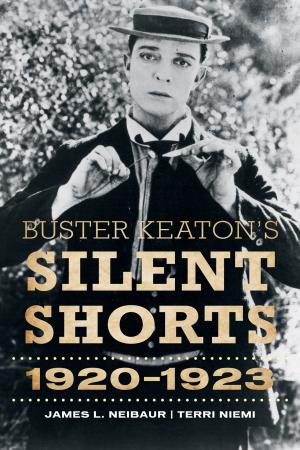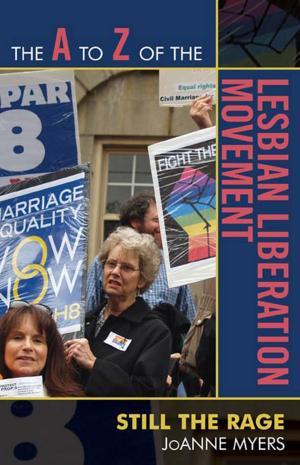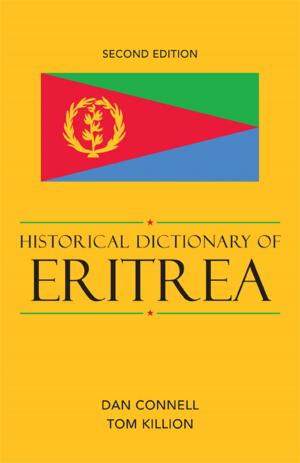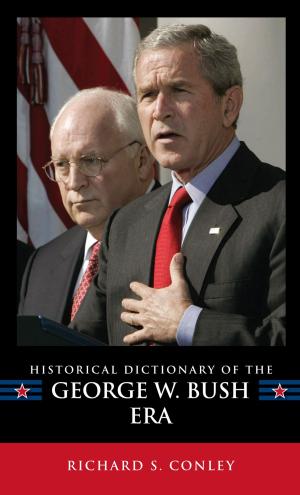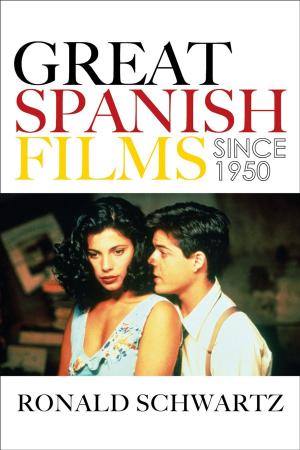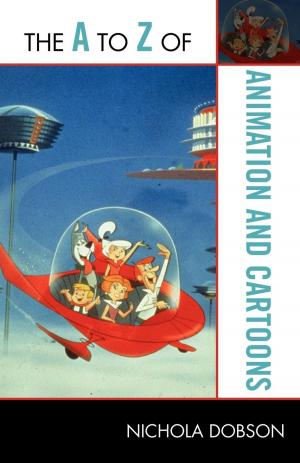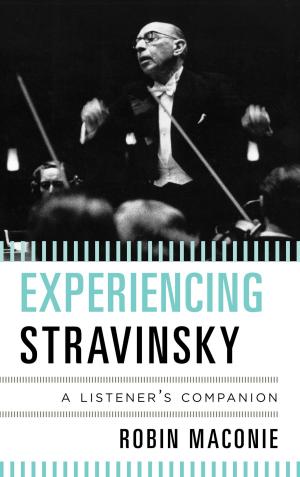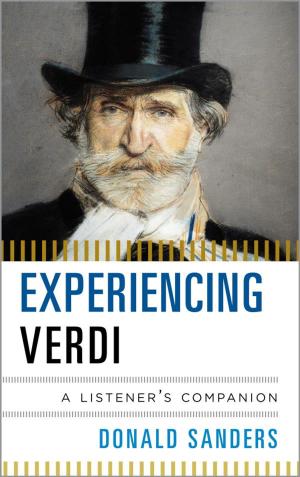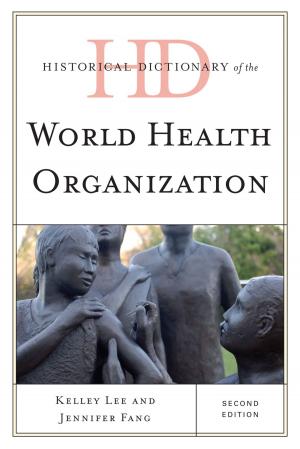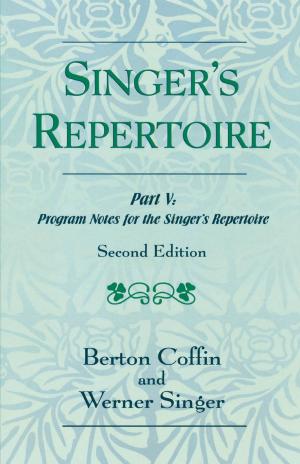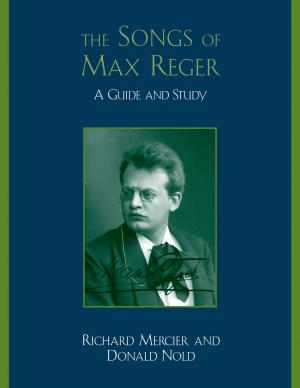Perspectives, Insights, & Priorities
17 Leaders Speak Freely of Librarianship
Nonfiction, Reference & Language, Language Arts, Library & Information Services, History, Reference, Social & Cultural Studies, Political Science, Politics, History & Theory| Author: | ISBN: | 9781461707011 | |
| Publisher: | Scarecrow Press | Publication: | June 9, 2005 |
| Imprint: | Scarecrow Press | Language: | English |
| Author: | |
| ISBN: | 9781461707011 |
| Publisher: | Scarecrow Press |
| Publication: | June 9, 2005 |
| Imprint: | Scarecrow Press |
| Language: | English |
This extraordinary book defines and describes librarianship and library science through insightful and thoughtful essays contributed by 17 recognized leaders of the profession. While each essay presents a distinct perspective and approach, collectively they paint a picture of a humane and human profession central to and concerned with the cultural, social, political, and intellectual underpinnings of civilization. Often challenging and provocative, often moving, always engaging, the essays reflect a diverse and complex profession and the values, beliefs, practices, and philosophies that make it unique and vital.
The essays take a variety of approaches: historical analysis, personal recollection, career review, political or social commentary, intellectual or philosophical musings, and short and long-term forecasting. Even when the essays address issues of a practical nature, they raise issues of concern in a broader context. The role of libraries in a democratic society is examined through the historical perspective of the Boston Mandate of 1852, the most recent US presidential election, and the current strain of censorship and intellectual freedom battles. What is the proper role of libraries as social organizations advocating societal reform and working toward the common weal? What is the role of government and politics in the profession? What is the responsibility and role of the library in determining or advocating public policy? If, as one essay elegantly and persuasively argues, our professional concern should center not on information or fact, but on truth, can we avoid political action and political repercussion? These are weighty issues addressed not only with passion, but also with a freedom and honesty seldom encountered.
This is a powerful and important book that should be read by every librarian, every library student, every public official, indeed, every citizen concerned with his or her community.
This extraordinary book defines and describes librarianship and library science through insightful and thoughtful essays contributed by 17 recognized leaders of the profession. While each essay presents a distinct perspective and approach, collectively they paint a picture of a humane and human profession central to and concerned with the cultural, social, political, and intellectual underpinnings of civilization. Often challenging and provocative, often moving, always engaging, the essays reflect a diverse and complex profession and the values, beliefs, practices, and philosophies that make it unique and vital.
The essays take a variety of approaches: historical analysis, personal recollection, career review, political or social commentary, intellectual or philosophical musings, and short and long-term forecasting. Even when the essays address issues of a practical nature, they raise issues of concern in a broader context. The role of libraries in a democratic society is examined through the historical perspective of the Boston Mandate of 1852, the most recent US presidential election, and the current strain of censorship and intellectual freedom battles. What is the proper role of libraries as social organizations advocating societal reform and working toward the common weal? What is the role of government and politics in the profession? What is the responsibility and role of the library in determining or advocating public policy? If, as one essay elegantly and persuasively argues, our professional concern should center not on information or fact, but on truth, can we avoid political action and political repercussion? These are weighty issues addressed not only with passion, but also with a freedom and honesty seldom encountered.
This is a powerful and important book that should be read by every librarian, every library student, every public official, indeed, every citizen concerned with his or her community.


